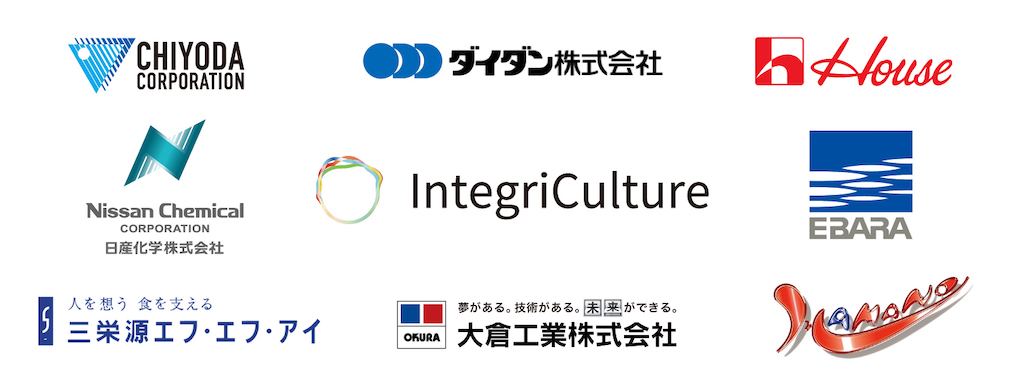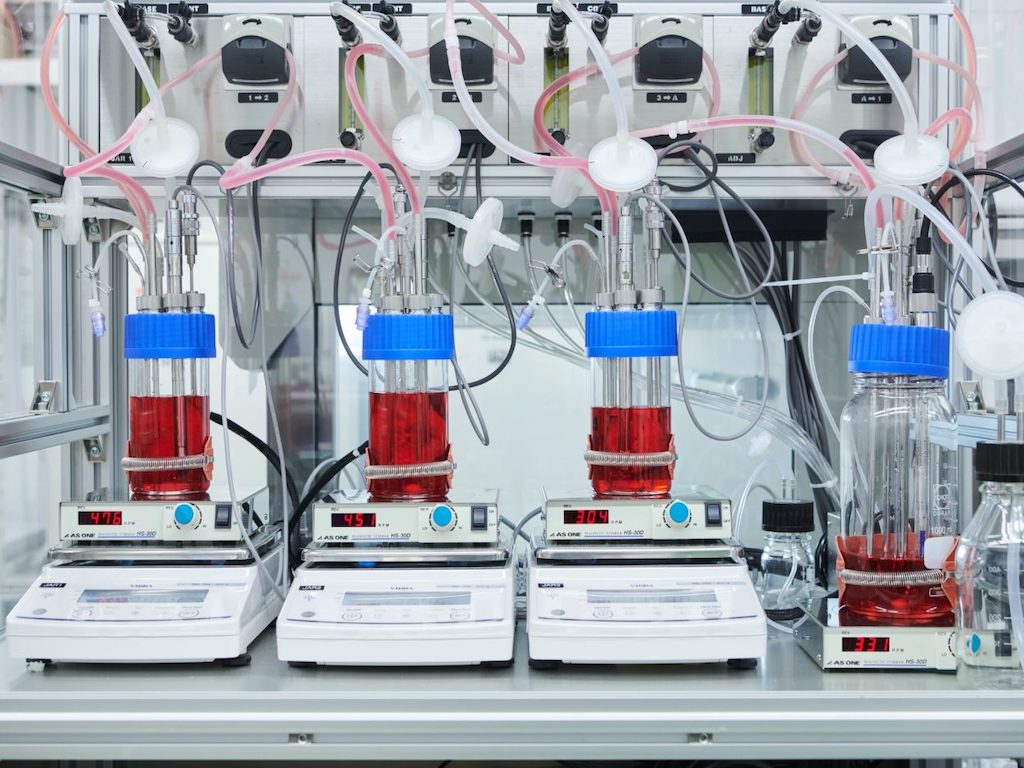3 Mins Read
Japanese cultivated protein startup IntegriCulture recently launched its CulNet Consortium, an open innovation platform dedicated to cellular agriculture. With twelve companies on board, the platform aims to accelerate and scale cell-based solutions across the meat, cosmetics, nutraceuticals and materials industries.
IntegriCulture says its new open innovation consortium has “moved into full swing” with eleven other companies joining the Tokyo startup’s mission to mainstream the use of cellular agriculture across various industries. Members include some of the biggest industry names in Japan, including the chemicals arm of Nissan, pump and turbine manufacturing giant Ebara Corporation, plastic materials producer Okura Industrial, petrochemicals engineering major Chiyoda.
Other businesses joining the CulNet Consortium include a number of food companies such as House Foods Group and natural food ingredients supplier San-Ei-Gen F.F.I.

Building a ‘whole cellular agriculture supply chain’
The aim of the platform is to overcome the “numerous problems that need solutions such as cost, safety, and production scale,” through a collaborative approach. By having members from different sectors, IntegriCulture says the consortium will be able to “build a whole cellular agriculture supply chain,” from the scaffolding to bioreactor and cell medium.
CulNet Consortium will develop solutions for multiple cell-ag applications, including in cell-based meat products, as well as ingredients for the cosmetics and makeup industry, nutraceuticals sector and sustainable material alternatives.
There are five listed aims in the project, including creating a standardised culture media for cell cultured products for different applications, developing the hardware and product bioreactors, cell product processing and overcoming safety requirements and sourcing a wide range of cells.
Bringing in expertise from different industries
Commenting on its decision to join the consortium, Yukio Nanbu, general manager of marketing operations at Ebara said it is “endorsing IntegriCulture’s policy of tackling food issues by building an infrastructure of cellular agriculture,” and will be contributing by offering the “fluidics and control systems technology Ebara has cultivated since it was founded”.
President and CEO of Hamano Products, Keiichi Hamano, says that they will bring to the table their “knowledge, experience, and technology regarding making things from scratch.”
IntegriCulture’s latest news months after it received a ¥240 million (US$2.2 million) government grant to build its proprietary commercial cellular agriculture platform called the Uni-CulNet. The startup’s technology provides clients with a low-cost and accessible framework to jointly develop animal-free alternatives for all ingredients across different industries, from food to cosmetics.

Cell-ag gaining global momentum
Cellular agriculture is increasingly gaining traction as a safer, healthier and more sustainable alternative to traditional animal-based production methods in light of the pandemic. 2020 marked a record year for the global cultivated protein space, with startups in the sector raising over US$360 million in investment, a 6-fold increase from the year before.
As a solution to bolster food security and resilience, Japan’s authorities are gearing up to create the regulatory framework to commercialise cultivated food products. In July last year, the country’s Agriculture, Forestry and Fisheries Ministry began working with food techs and other industry stakeholders to establish new guidelines and standards for alternative proteins made using cell-based or plant-based technologies.
Lead image courtesy of IntegriCulture.




